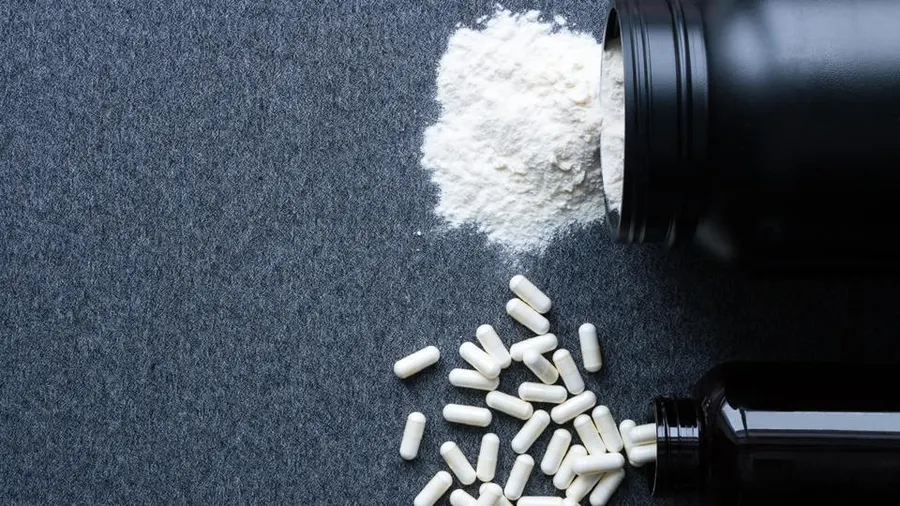In today’s age of relentless stress and hustle, mental health takes centre stage. While the relationship between what we consume and our mental well-being has been a topic of discussion, emerging evidence highlights the role of “dietary inflammation” in influencing mental health.
Mental Health
Recent studies indicate a connection between heightened mental health issues and elevated levels of dietary inflammation. Such inflammation is primarily characterized by an increased intake of inflammatory foods, like trans fats and refined carbohydrates, and a decreased consumption of nutrient-rich, anti-inflammatory foods, especially omega-3 fats.
The Place of Supplements
Vitamins and supplements can be pivotal in redressing nutritional imbalances and potentially mitigating the effects of dietary inflammation. They can:
- Fill in dietary gaps.
- Enhance overall well-being.
- Prepare the body to manage stress better.
However, it’s paramount to understand that these supplements don’t serve as a magic pill. They can’t prevent or treat anxiety disorders outright. Persistent feelings of unease might hint at deeper physiological disruptions, emphasizing the need for professional medical intervention.
Natural Supplements: A Closer Look
A variety of natural ingredients, commonly found in supplements, have been linked to potential anxiety-reducing properties:
CBD: A derivative of the cannabis plant known for its therapeutic advantages without the “high”.
Ashwagandha: A staple in Indian medicine, with potential benefits for stress and cognitive function.
L-theanine: Believed to have a calming effect and may enhance cognitive abilities.
Magnesium: A key micronutrient that may promote tranquility and relaxation.
FAQs on Anxiety Supplements
Which supplements are best for anxiety? Ingredients like omega-3, ashwagandha, valerian root, magnesium, L-theanine, and CBD have shown potential benefits. Yet, it’s essential to tailor your choice based on individual health conditions.
Can children take anxiety supplements? Some might be appropriate, but always consult a pediatrician first.
Can supplements treat anxiety and panic attacks? No, supplements might alleviate mild symptoms, but severe cases necessitate professional medical care.
Can there be interactions with other medications? Absolutely. Many supplements can react adversely with medications. It’s always recommended to consult with your doctor before starting any new supplement, especially for pregnant women and children.
Final Thoughts
While the potential benefits of natural supplements are promising, it’s crucial to approach them with a balanced perspective. Supplements might offer some respite, but they should be part of a broader strategy that includes professional consultation and a balanced lifestyle.



